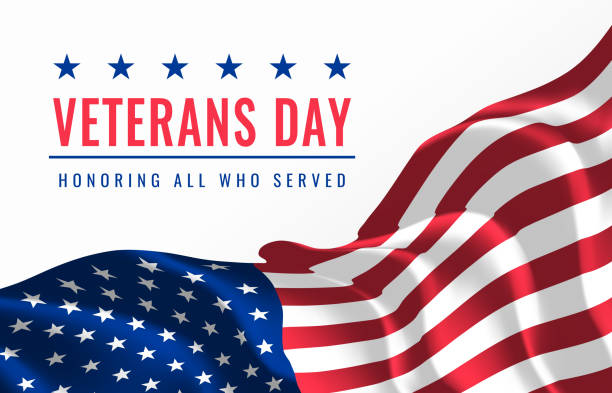
In the United States, Veterans Day stands as a poignant tribute to the valor, sacrifice, and dedication of the nation’s military veterans. This day holds profound historical significance, evolving from its roots to become a symbol of honor and appreciation for those who have served and defended the country. Understanding the history of Veterans Day provides insights into its relevance in the 21st century.
Origins and Evolution
The roots of Veterans Day trace back to the armistice that ended World War I. On November 11, 1918, at the 11th hour of the 11th day of the 11th month, the guns fell silent, signifying the end of the Great War. This date was commemorated as Armistice Day and was initially dedicated to honoring the veterans of World War I. In 1938, it became a legal holiday to recognize the sacrifices of those who fought in the “war to end all wars.”
However, after World War II and the Korean War, which saw the United States involved in further global conflicts, it became evident that the designation of Armistice Day needed to be expanded. Thus, in 1954, after lobbying efforts by veterans’ service organizations, the name was changed to Veterans Day to honor American veterans of all wars.
Relevance in the 21st Century
Veterans Day remains highly relevant in the 21st century for various reasons:
- Honoring Service: It stands as a day to honor the service and dedication of military personnel who have defended the nation throughout its history. In an era marked by complex global challenges and evolving threats, the sacrifices made by veterans hold continued importance.
- Recognizing Sacrifice: The day serves as a reminder of the sacrifices made by veterans and their families. Whether it’s the physical toll of combat, the mental health challenges, or the emotional strain of being away from loved ones, the sacrifices of veterans continue long after their service ends.
- Supporting Veterans’ Transition: Veterans Day also highlights the necessity of supporting veterans’ transition back to civilian life. Many veterans face challenges when reintegrating into society, from healthcare needs to employment opportunities. Recognizing and addressing these needs is vital.
- Education and Gratitude: It offers an opportunity for education and gratitude. Through ceremonies, educational programs, and community events, citizens can learn about the realities of military service and express gratitude to those who have served.
- Unity and National Pride: In a time of division, Veterans Day serves as a unifying force. It’s a day when people from all walks of life come together to recognize the sacrifices made for the country’s freedoms, regardless of differing opinions on policies and conflicts.
The 21st century presents new challenges for veterans, including the emergence of cybersecurity threats, shifts in warfare tactics, and the continued need for mental health support. Veterans Day remains a crucial reminder that the duty to support and honor those who served transcends time and evolving geopolitical landscapes.
A Worthy Tribute to Heroes
As the world changes and new conflicts emerge, the observance of Veterans Day retains its relevance. It stands as a timeless tribute to the men and women who have donned the uniform, risked their lives, and made tremendous sacrifices to protect the nation. Its significance lies not only in honoring the past but in acknowledging the ongoing duty to support and care for those who have served and continue to serve in defense of their country.
Author’s Note: My paternal grandfather served in World War II against Japan. As a veteran, he received recognition and compensation from both the United States and Philippines veterans agencies. In my younger years, I learned from his experiences during the war and its significance to him beyond just saving his and his loved ones’ lives. He lost loved ones during that horrific chapters of our history, but gained a family when he married my grandmother after the war.

